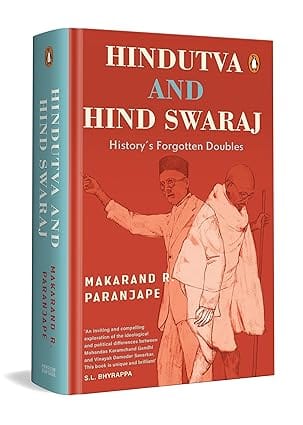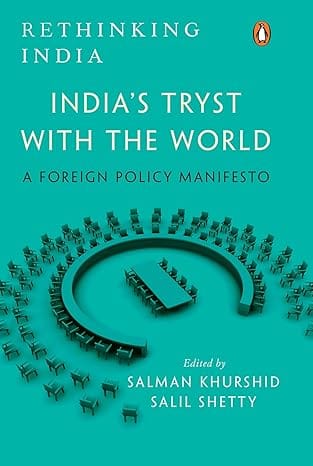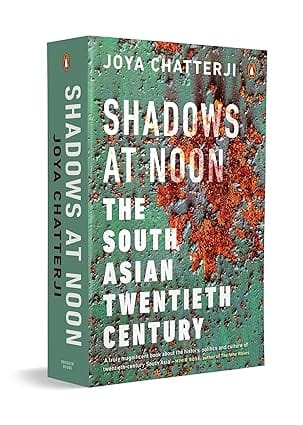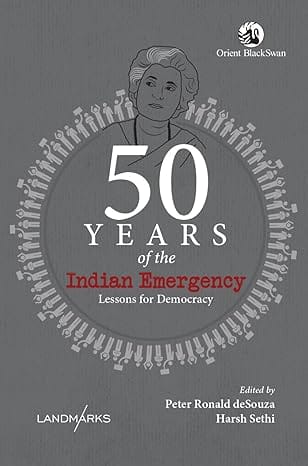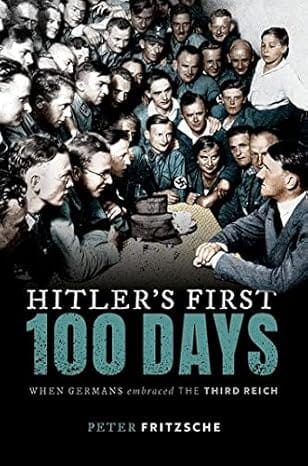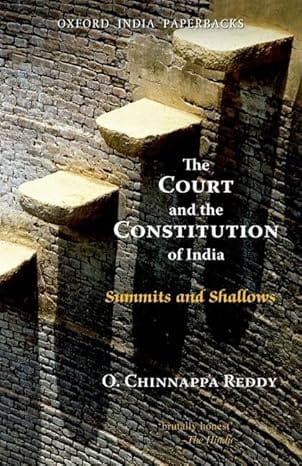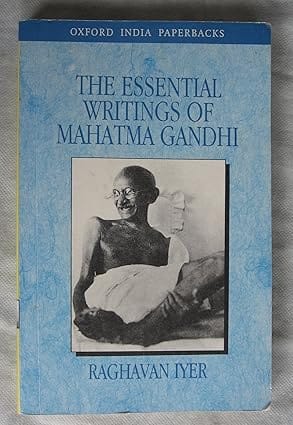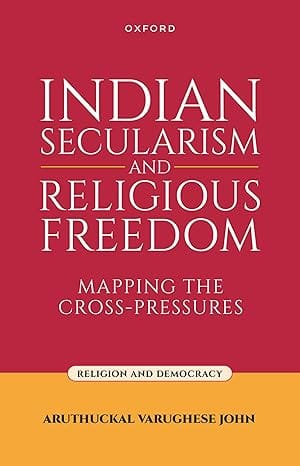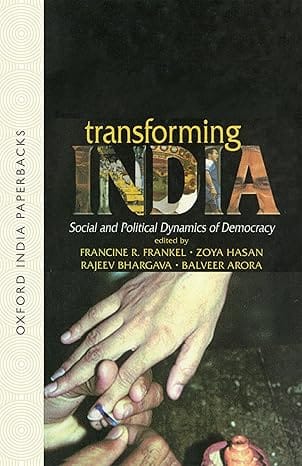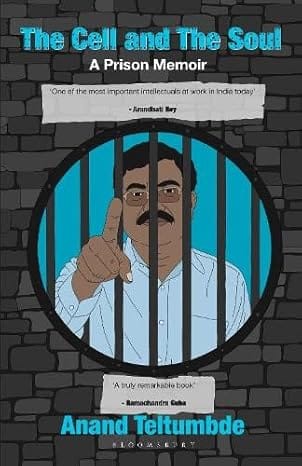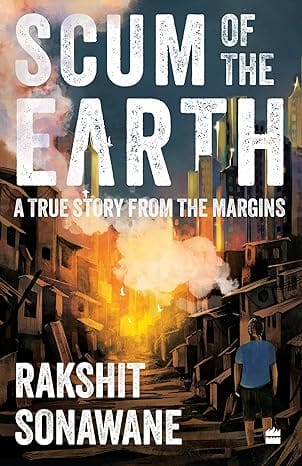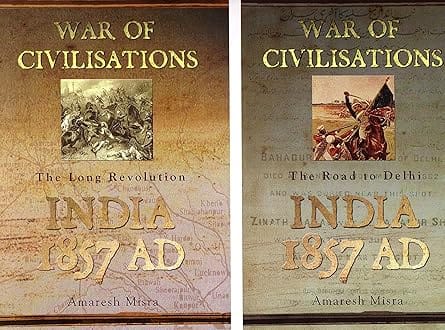- Non-ficton
- Non-ficton
- Contemporary Fiction
- Contemporary Fiction
- Children
- Children
- Comics & Graphic Novels
- Comics & Graphic Novels
- Non-Fiction
- Non-Fiction
- Fiction
- Fiction
A close reading of the persistent antagonisms in Indian history, Hindutva and Hind Swaraj focuses on the ideological clash between Mohandas Karamchand Gandhi and Vinayak Damodar Savarkar, representing the broader ideological, political, and cultural factions within Hindu and Indian society. The central argument is that this antagonism continues to influence national life, both politically and personally, reflecting two contrasting ideologies: Hindutva and Hind Swaraj.
Divided into three parts, the first part addresses the lack of historical records in ancient India and the importance of creating a national history to reclaim India's past. In the part second part, the author examines the discovery of India's cultural and historical identity, the impact of colonialism, and the need for a balanced discourse that acknowledges the complexity and diversity of Indian society. While the third looks at the e contemporary political landscape, the rise of Hindutva, and the ongoing struggle between Gandhi's vision of non-violent resistance and Savarkar's advocacy of armed rebellion. It highlights the unresolved tensions between these two ideologies and their implications for India's future.
The book emphasizes the need for a new approach to understanding and reconciling these differences, suggesting that a balanced discourse and a deeper inquiry into the nature of nationalism, democracy, and Indian society are essential for creating a new India.
About the Author
Hindutva And Hind Swaraj Historys Unforgotten Ideas
SIZE GUIDE
- ISBN: 9780143477105
- Author: Makarand R Paranjape
- Publisher: Penguin Vintage
- Pages: 392
- Format: Hardback
Book Description
A close reading of the persistent antagonisms in Indian history, Hindutva and Hind Swaraj focuses on the ideological clash between Mohandas Karamchand Gandhi and Vinayak Damodar Savarkar, representing the broader ideological, political, and cultural factions within Hindu and Indian society. The central argument is that this antagonism continues to influence national life, both politically and personally, reflecting two contrasting ideologies: Hindutva and Hind Swaraj.
Divided into three parts, the first part addresses the lack of historical records in ancient India and the importance of creating a national history to reclaim India's past. In the part second part, the author examines the discovery of India's cultural and historical identity, the impact of colonialism, and the need for a balanced discourse that acknowledges the complexity and diversity of Indian society. While the third looks at the e contemporary political landscape, the rise of Hindutva, and the ongoing struggle between Gandhi's vision of non-violent resistance and Savarkar's advocacy of armed rebellion. It highlights the unresolved tensions between these two ideologies and their implications for India's future.
The book emphasizes the need for a new approach to understanding and reconciling these differences, suggesting that a balanced discourse and a deeper inquiry into the nature of nationalism, democracy, and Indian society are essential for creating a new India.
About the Author
User reviews
NEWSLETTER
Subscribe to get Email Updates!
Thanks for subscribing.
Your response has been recorded.

India's Iconic & Independent Book Store offering a vast selection of books across a variety of genres Since 1978.
"We Believe In The Power of Books" Our mission is to make books accessible to everyone, and to cultivate a culture of reading and learning. We strive to provide a wide range of books, from classic literature, sci-fi and fantasy, to graphic novels, biographies and self-help books, so that everyone can find something to read.
Whether you’re looking for your next great read, a gift for someone special, or just browsing, Midland is here to make your book-buying experience easy and enjoyable.
We are shipping pan India and across the world.
For Bulk Order / Corporate Gifting
 +91 9818282497 |
+91 9818282497 |  [email protected]
[email protected]
Click To Know More
INFORMATION
QUICK LINKS
ADDRESS
Shop No.20, Aurobindo Palace Market, Near Church, New Delhi

